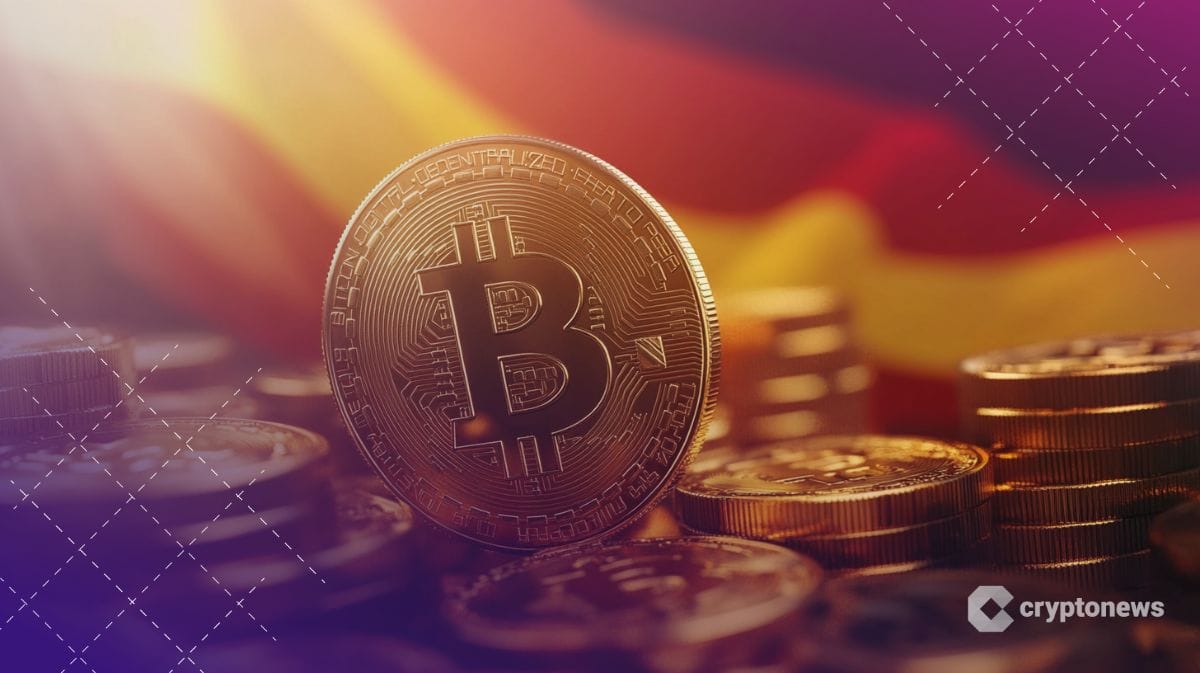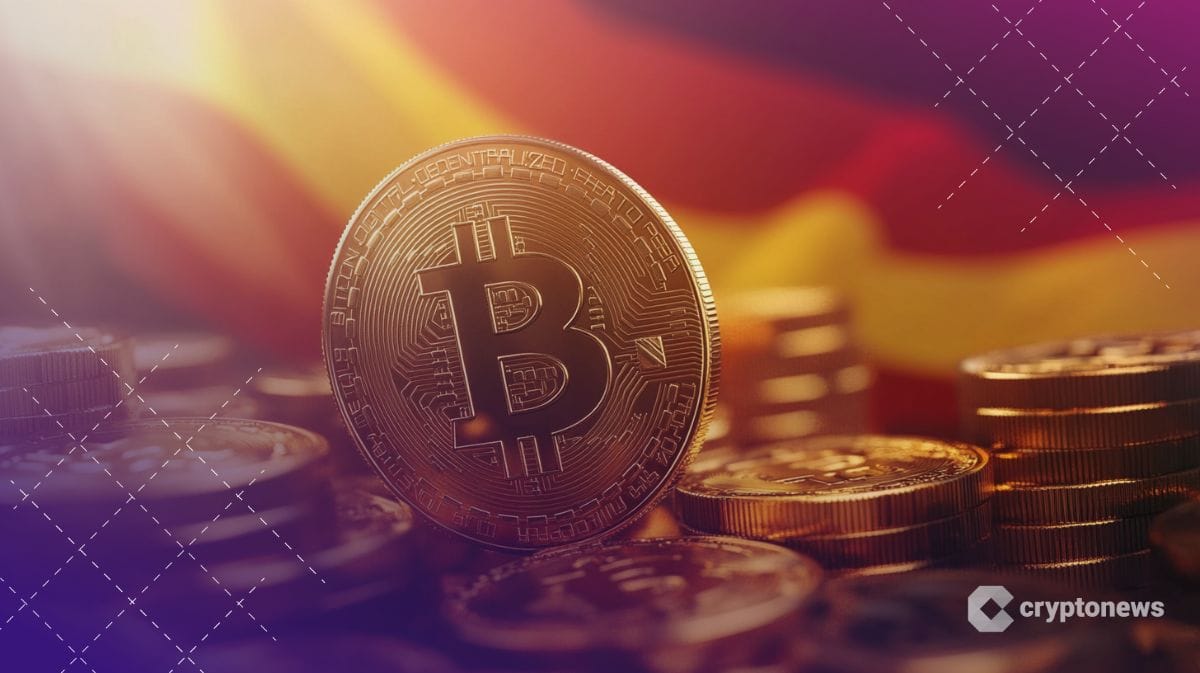Last updated:
 Why Trust Cryptonews
Why Trust Cryptonews

Bitcoin (BTC) isn’t just for tech enthusiasts and investors anymore – it’s catching the attention of top German politicians.
In an interview for BTC-ECHO published on Feb. 10, Christian Lindner, leader of Germany’s Free Democratic Party (FDP) and former Federal Finance Minister (from Dec. 2021 to Nov. 2024), has shared his views on the potential role of cryptocurrencies in Germany’s financial system.
Considering Bitcoin for State Reserves
According to Lindner, it’s time to open the floor to serious discussions about Bitcoin’s role in national reserves. “The independence of central banks is untouchable for me, but a factual discussion about it is important.”
With countries like the U.S. and nations across Asia exploring similar ideas, Lindner argues that Germany shouldn’t be left behind.
Es ist Zeit, die Chancen von #Bitcoin und Co. in Deutschland anzuerkennen. TL #Bundestag pic.twitter.com/ipIFkyQ1oU
— Christian Lindner (@c_lindner) December 16, 2024
Additionally, Lindner believes Bitcoin could play a role in personal retirement portfolios:
“Bitcoin has higher volatility and carries greater risks than traditional investments, but within a broadly diversified retirement portfolio, it could play a complementary role. What matters to me is that people have the freedom to choose – whether between traditional insurance products or capital market-based options.”
Pushing for Crypto-Friendly Reforms
Reflecting on his time as Finance Minister, Lindner highlighted key reforms he spearheaded to support the crypto sector. “Crypto was already an important topic for me during my tenure as Finance Minister. In 2022, for example, we improved tax clarity for cryptocurrencies, including the introduction of a one-year holding period and a tax-free threshold of €1,000 for gains,” he said.
Now, as FDP leader, he wants to go further – reducing regulatory red tape and proposing a regulatory sandbox to help crypto startups thrive. “BaFin should be responsible not only for regulation but also for promoting Germany as a financial hub,” Lindner said.
Tokenization: The Next Big Step
Lindner is also eyeing the tokenization of GmbH shares – an abbreviation for “Gesellschaft mit beschränkter Haftung,” or limited liability company – envisioning a future where company ownership can be managed seamlessly on the blockchain.
Lindner indicated that such an initiative would first need to be referred to the research department, as there were several legal considerations to address concerning corporate and securities law.
However, Lindner expressed a preference to focus on the tokenization of government bonds before pursuing this further. “Digital government bonds could play an essential role in a tokenized financial ecosystem and would be the next logical step.”
Bitcoin Reserves: A Global Trend in 2025?
Bitcoin’s institutional adoption reached new highs in 2024 and continues to grow in 2025. Beyond Bitcoin exchange-traded funds (ETFs), strategic Bitcoin reserves are now drawing attention.
With consistent outperformance over traditional assets, Bitcoin’s resilience is prompting governments to consider adding it to their reserves alongside gold and bonds.
US President Donald Trump promised a national Bitcoin reserve during his campaign, and over 15 US states are proposing or approving related bills.
📈 Maryland introduces legislation to hold Bitcoin as a hedge against fiat inflation, aligning with broader state-level trends.#USCryptoRegulation #CryptoAdoption #Marylandhttps://t.co/nveeHxtqwh
— Cryptonews.com (@cryptonews) February 7, 2025
In addition to the US, several other countries, including the Czech Republic, Russia, and Switzerland, have proposed plans for a national strategic Bitcoin reserve to hedge against economic uncertainty and diversify the country’s assets.















